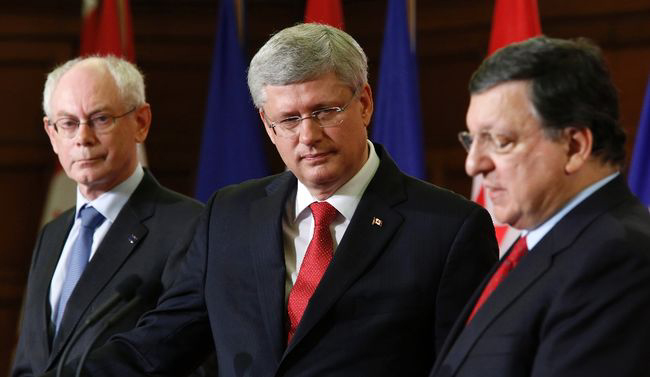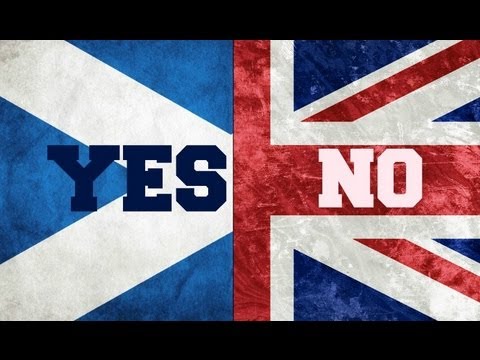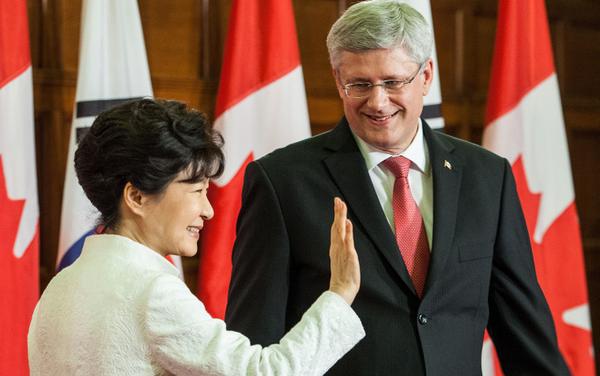Assessing the reasons for why Canada might be involved in the anti-ISIS coalition longer than expected
On October 7, 2014, the House of Commons narrowly agreed to send personnel and aircraft to assist the US led coalition against ISIS (Islamic State of Iraq and Syria). This is Canada’s newest armed intervention but it has already attracted criticism in terms of its longevity. Many people, including NDP leader Thomas Mulcair have expressed doubts on whether Canada will actually be able to pull out within the stipulated deadline of six months. While, no ground troops have been deployed specifically, expert personnel have been sent, and aircrafts, such as the CF-18 fighter bombers have also been dispatched. There are a few reasons why Canada might not be able to, or might not want to, terminate its support to the anti-ISIS coalition.
First, not much is known about the operations of ISIS. Even after a month of air surveillance the British Royal Air Force was unable to locate a single ISIS target in Iraq. The Australian Air Force had pretty much the same results after their surveillance. Even the US, the leader of this coalition, seems unsure about the strengths and weaknesses of ISIS. For example in July, the CIA estimated ISIS to command somewhere between 10,000 to 12,000 fighters. Within the last two weeks the number suddenly soared to the 20,000 to 30,000 range. These are just few examples of how uninformed the anti-ISIS coalition is about ISIS. Since Canada does not have its own international intelligence agency, it relies on the information provided by the US or other allies. With the lack of accurate information, it is difficult for Canada to determine how long they would be involved in the conflict. It seems likely that the deadline of six months would be extended given all the unknown variables.
Another reason why Canada’s involvement might be longer than expected is that the anti-ISIS alliance is not very cohesive. While they are united for more or less the same goal of combating the ISIS, relations between the allies might have detrimental effects on the functioning of the alliance. For example Turkey is worried about the Kurdish question gaining more international attention. The Gulf States and Turkey both see the Syrian regime as a threat. Further, almost every ally seems wary of Iran’s involvement. In fact, working with Iran is so problematic that US Secretary of State John Kerry stated, “We are not coordinating with Iran. Period.”According to scholar Wayne White at the Middle East Institute in Washington, Turkey should have sent 75,000 troops to the border with Syria to completely seal it off, and prevent the influx of weapons and oil. Another major challenge for the alliance is fighting ISIS without abetting Syrian president Bashar al-Assad.
All these factors show that while the alliance collectively is stronger than ISIS, the strength will not be of much use if they are unable to channel their resources coherently and coordinate their efforts effectively. For Canada this could potentially mean deeper involvement in the issue. As an important NATO ally Canada might be expected to stretch its involvement to overcome the weaknesses in the coalition.
While president Harper has made his decision, and it is a noble one, nonetheless, given the scale of atrocities, international intervention to save civilian lives is paramount. However, it seems unlikely that Canada will be able to limit its involvement within the next six months period.




